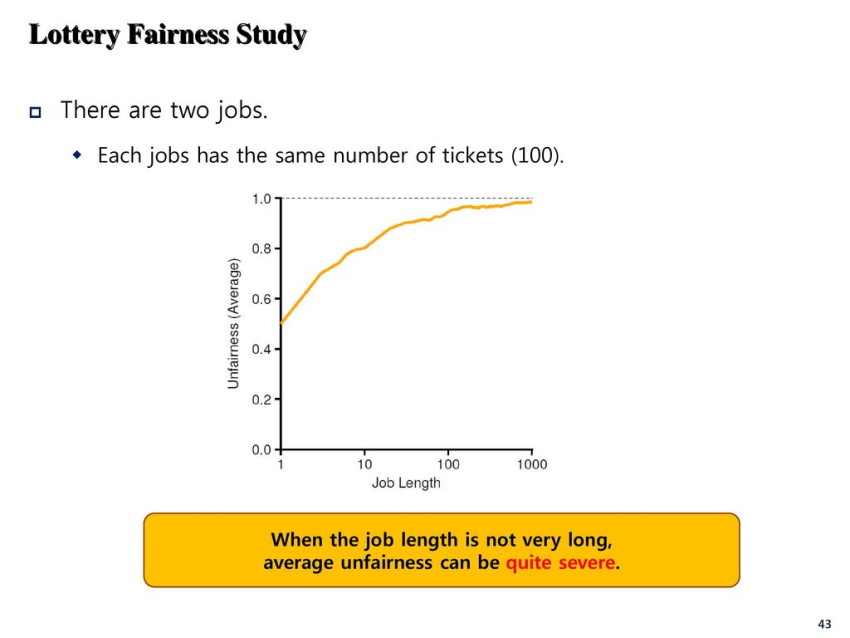Lottery fairness has become a pivotal topic in discussions surrounding gambling practices. As state lotteries continue to thrive, fueled by massive ticket sales and enticing jackpot advertisements, concerns about the ethics behind these systems have emerged. With the odds of winning often stacked heavily against players, understanding lottery fairness is essential for anyone considering participating. Not only does it involve the mechanics of the lottery games themselves, but it intricately ties into broader discussions about gambling ethics and regulations. This exploration invites an examination of the delicate balance between state-sponsored hope and the potential exploitation of vulnerable populations.
The concept of equitable gaming practices and the moral implications of lottery systems have sparked extensive debate among players and policymakers alike. As lotteries gain popularity, especially in the United States, their role as a mechanism for funding essential state services like education raises critical questions about ethical gambling. Beyond mere chance, the discourse surrounds the inherent odds associated with these games, reflecting societal views on fairness. Moreover, legislators and advocates are scrutinizing the regulations that govern state lotteries, pressing for transparency and accountability. As we delve into this multifaceted issue, it is vital to grasp how these elements intertwine to shape public perception and participant experience within the gambling landscape.
Understanding Lottery Fairness in Modern Gambling
Lottery fairness is a critical concept that encompasses not only the equitable design of the games themselves but also the ethical implications of their operation. With state lotteries marketed as a source of entertainment and a means to fund public services, it is essential to dissect how fair these systems truly are. Often, they are perceived as innocuous, but beneath the surface lies a complex interaction of odds and regulatory frameworks that can reveal disparities. This invites a deeper examination of the relationship between lottery fairness, gambling ethics, and how the odds stack up against the promise of potential winnings.
Many players enter the lottery with high hopes, often misled by flashy advertisements that rarely depict the true nature of the odds involved. The reality is stark; while one may dream of becoming an overnight millionaire, the chances are usually minuscule. For instance, major lotteries can present odds comparable to getting struck by lightning—statistics that highlight not only the improbability of winning but also raise concerns about the fairness of promoting such games. Therefore, discussions around lottery fairness must consider the intentional communication of these odds, which is influenced heavily by ethical considerations in gambling and state regulations.
The Importance of Regulation in Lottery Systems
The regulation of lottery systems plays a pivotal role in ensuring fairness and transparency for participants. As technology evolves, so too do the challenges faced by lottery operators in maintaining credibility among players. Regulatory bodies implement rules to govern advertising practices, ensuring that players are fully informed about the odds, game mechanics, and potential risks associated with lottery participation. This level of oversight is essential for fostering a trusting environment, as public confidence in the fairness of a lottery directly impacts its participation rates.
Additionally, as debates around ethical gambling continue to gain traction, the call for transparent regulations becomes increasingly important. Policymakers are urged to enforce stricter guidelines that protect vulnerable populations, emphasizing the importance of responsible gambling practices. By instituting regulations that prioritize transparency in lottery advertising and fair odds reporting, states can not only enhance the reputation of their lotteries but also align their systems more closely with the ethical standards expected by their constituents. This balance between regulation and consumer trust is fundamental to upholding principles of fairness in the gambling landscape.
Frequently Asked Questions
How do lottery odds affect perceptions of lottery fairness?
Lottery odds play a crucial role in shaping perceptions of lottery fairness. Many participants remain unaware of the actual probabilities of winning, often believing in misleading narratives about striking it rich. The disparity between advertised jackpots and real winning odds, which can be astronomically low, raises ethical concerns. Transparency in how odds are communicated is vital, allowing players to make informed decisions and promoting a more fair gambling environment.
What regulations exist to ensure fairness in state lotteries?
State lotteries are subject to various regulations designed to ensure fairness and protect consumers. These regulations mandate clear communication of lottery odds and prohibit misleading advertising practices. The Federal Trade Commission (FTC) has also intervened to enforce transparency in how lottery games are marketed. Such regulations aim to bolster public trust in lottery systems and prevent exploitation of vulnerable individuals, thereby enhancing the overall ethical standards within the gambling sector.
| Key Point | Description |
|---|---|
| Introduction | Explores lottery fairness as a complex intersection of chance, ethics, and revenue source for public services. |
| Understanding Lottery Fairness | Evaluates whether lotteries are fair, highlighting low odds of winning and ethical implications in gameplay designs. |
| Odds of Lottery Winnings | Reports show that lottery odds are often misrepresented, contributing to discussions around transparency and fairness. |
| Ethical Considerations in Gambling | Critics argue that lotteries exploit low-income individuals, raising questions about personal responsibility versus societal influences. |
| Regulating Lotteries for Trust and Fairness | Calls for more regulation emphasize consumer protection and transparency in advertising practices to maintain public trust. |
| Conclusion | Highlights the need for ongoing scrutiny regarding the ethical and practical implications of state lotteries on society. |
Summary
Lottery fairness is a critical and multifaceted topic that intertwines ethical concerns, consumer protection, and public trust. As discussions continue, it is evident that while lotteries can serve as a means of generating revenue for essential services, they equally present significant moral dilemmas. The challenge lies in balancing these financial benefits with the ethical responsibilities towards the most vulnerable populations. The ongoing efforts to ensure transparency and fair regulations will be key to fostering an environment where lottery fairness is upheld, offering a gaming experience that is both enjoyable and equitable.
